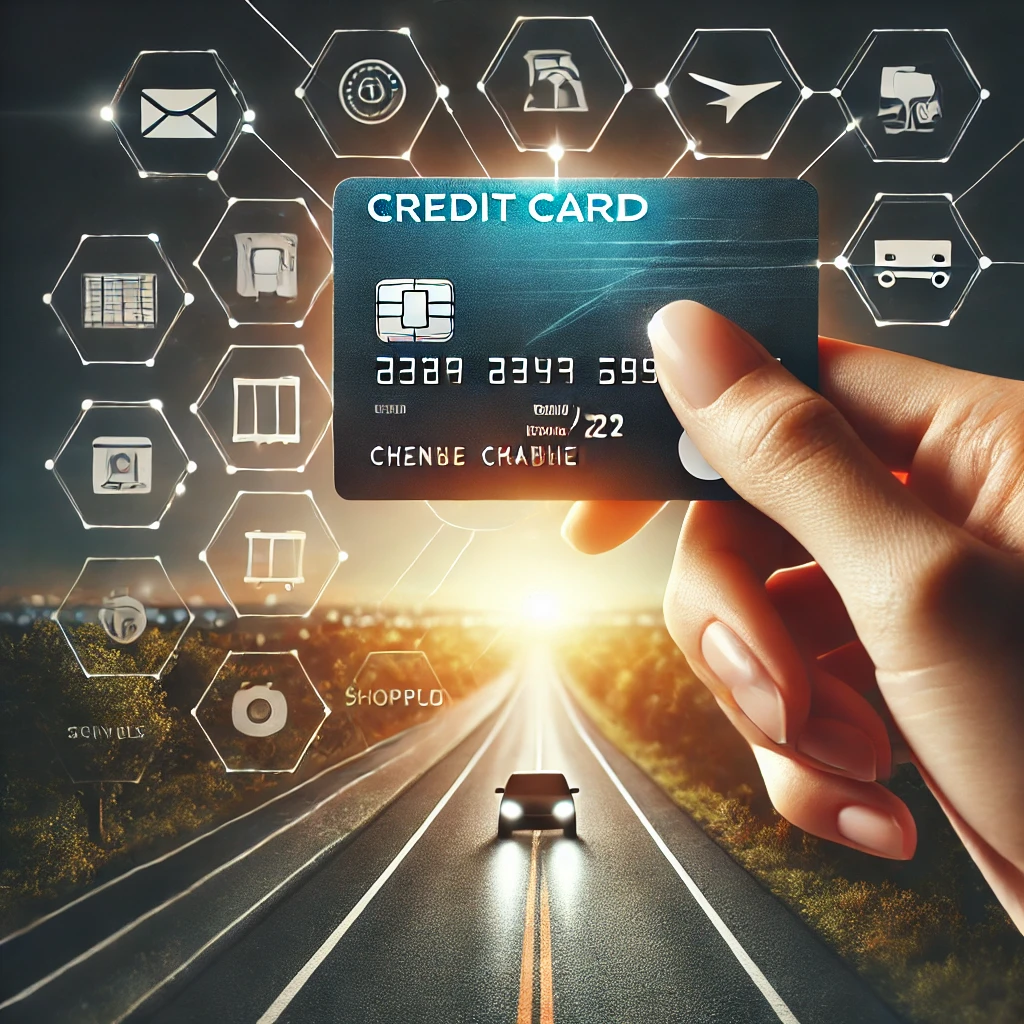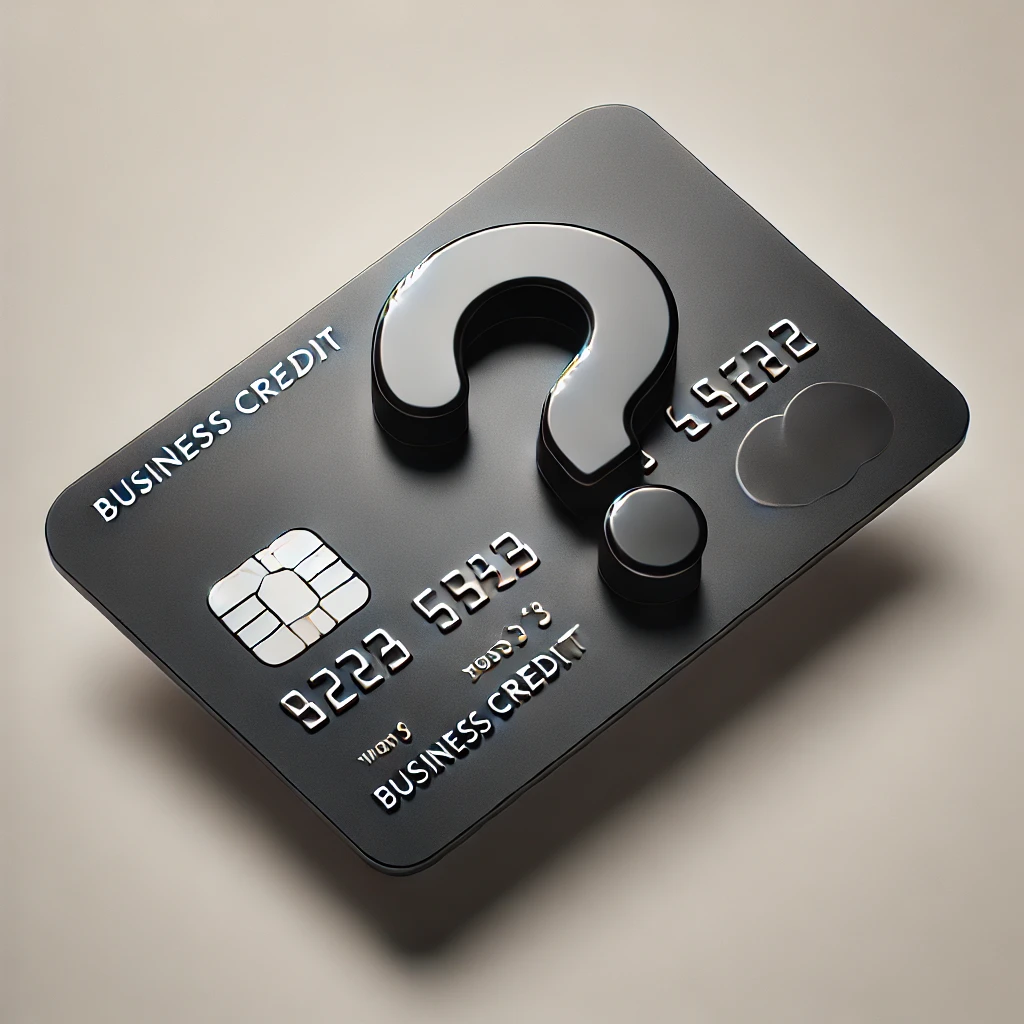1. What qualifies as a business for a business credit card?
Any income-generating activity can qualify as a business. This includes side gigs, freelancing, selling products online, consulting, and more. You don’t need a formal business structure like an LLC to apply.
2. Do I need an EIN to apply for a business credit card?
No, you can apply using your Social Security Number (SSN) if you’re a sole proprietor. An Employer Identification Number (EIN) is typically required for LLCs, partnerships, and corporations.
3. Does applying for a business credit card affect my personal credit score?
Yes, most issuers check your personal credit score during the application process, which can result in a hard inquiry. Your personal credit may also be affected if you default on your business card payments, as many business cards require a personal guarantee.
4. Can I get a business credit card without a formal business?
Yes, many people qualify for business credit cards with informal businesses, such as side gigs or freelancing. As long as you have an intent to earn a profit, you may be eligible.
5. What are the benefits of a business credit card over a personal credit card?
Business credit cards often offer higher rewards on business-related expenses, provide higher credit limits, and help keep personal and business finances separate. They also offer features like employee cards and expense management tools.
6. How do I choose the right business credit card?
Consider your business’s spending habits and needs. Look for cards that offer rewards or cashback in categories where you spend the most, such as office supplies, travel, or advertising. Also, consider the card’s fees, interest rates, and any additional perks.
7. Can I use a business credit card for personal expenses?
Technically, you can, but it’s not recommended. Mixing personal and business expenses can complicate accounting and may violate the terms of your cardholder agreement.
8. How can I build business credit with a business card?
Use your business credit card responsibly by paying on time, keeping balances low, and regularly monitoring your credit. Over time, this helps build a separate business credit profile, which can be beneficial for securing loans and other financing.
9. What should I do if my business income fluctuates?
You can provide an estimate of your business income on your credit card application. If your income fluctuates, it’s okay to use an average or project future income based on current trends.
10. Are there any risks associated with business credit cards?
Yes, since most business cards require a personal guarantee, you are personally liable for the debt if your business can’t pay. It’s also important to manage spending carefully to avoid high-interest debt.
11. Can a new business get a business credit card?
Yes, even new businesses can apply for business credit cards. Card issuers may base approval on your personal credit score and income projections if your business is still in its early stages.




